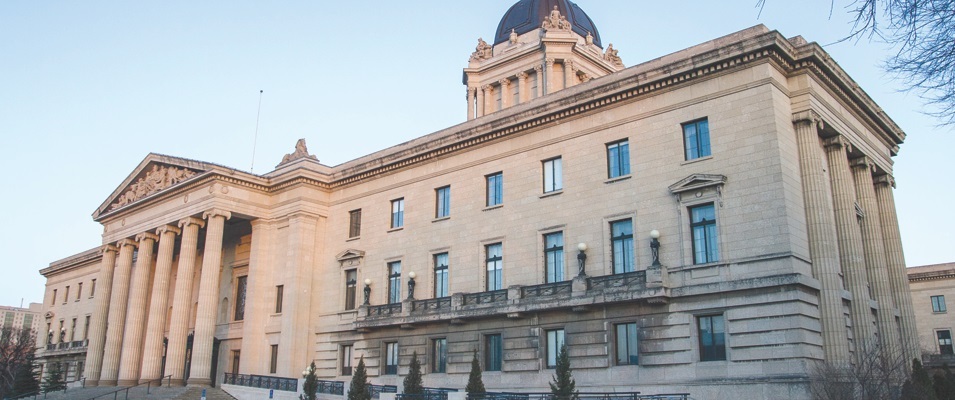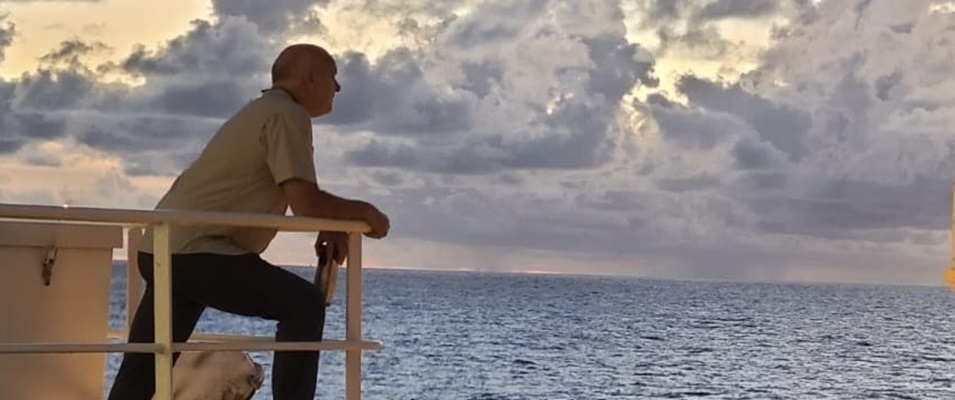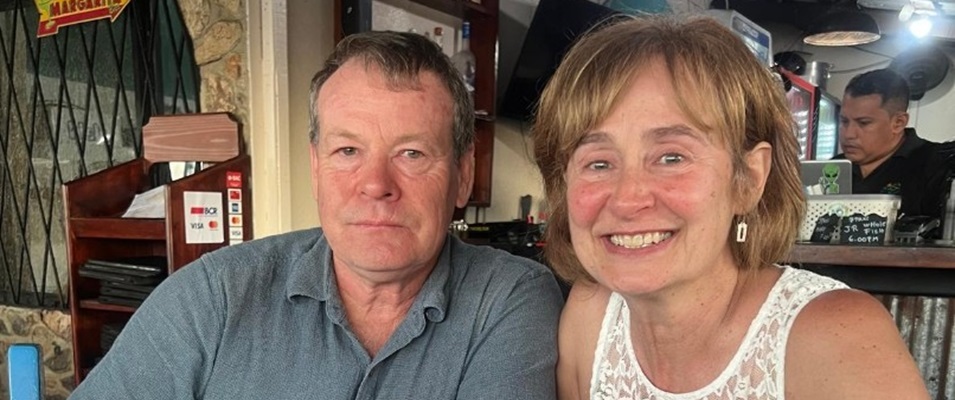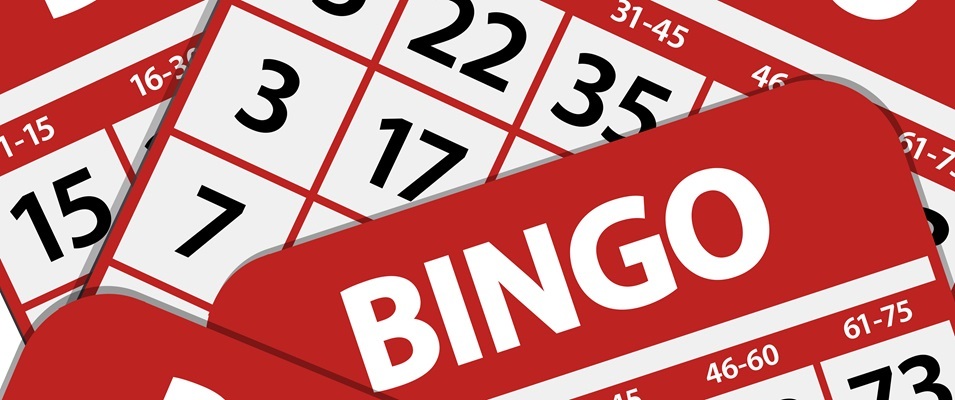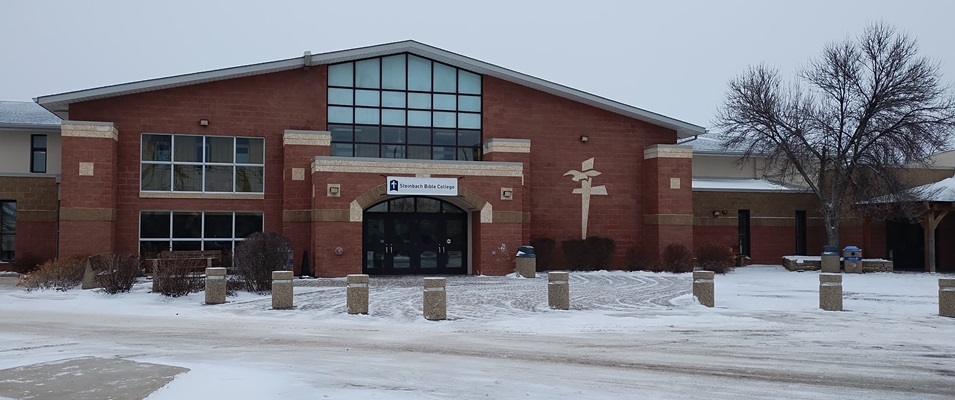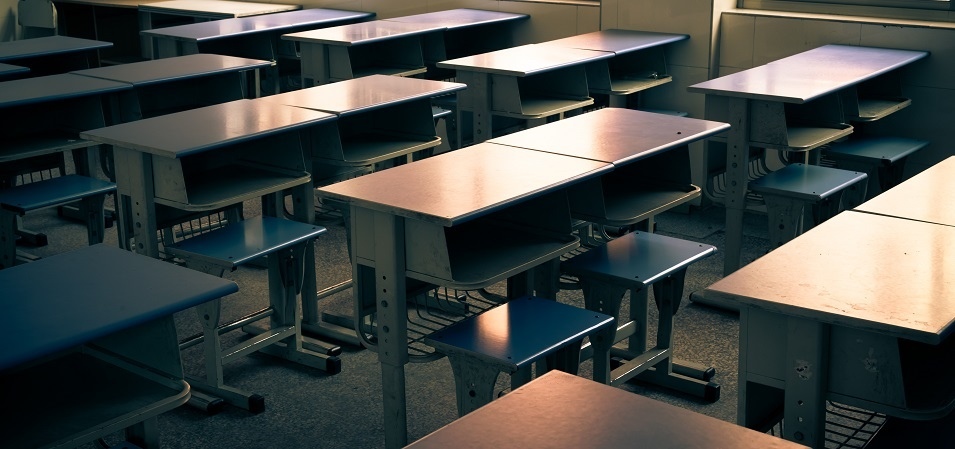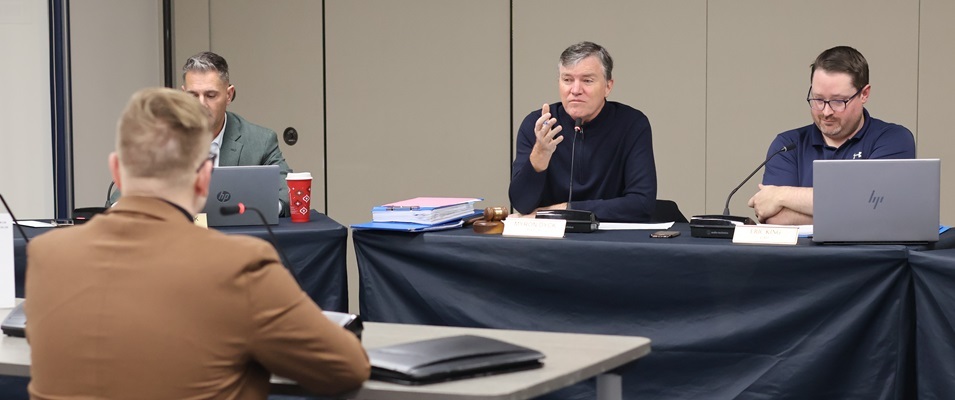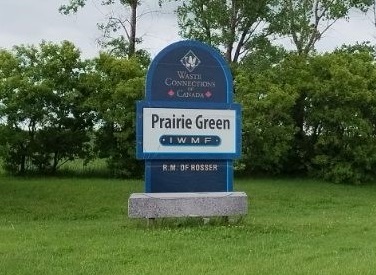
On June 11, the provincial government announced that the landfill search for the remains of two missing Winnipeg women is now ready to get underway.
“A notice of alteration approval pursuant to section 14(2) of the Environment Act was issued today,” the release states. “This [accelerated license approval] will allow for the search of the Prairie Green Landfill to begin in an attempt to recover the remains of Morgan Harris and Marcedes Myran.”
The South Interlake Planning District, too, has approved the first stages of onsite work at the Prairie Green Landfill, which is located in the RM of Rosser and operated by Waste Connections Canada.
This latest development comes on the heels of the release of a lengthy document called the Humanitarian Search Project Design and Operations Report carried out by WSP, an engineering company based out of Winnipeg.
“The primary objective of this [report] is to establish the preliminary design and operations for the various components of the Humanitarian Search Project and propose mitigation measures for potential environmental impacts and nuisances,” the report states. “These include, but are not limited to, addressing leachate, odours, hazardous materials, hazardous chemicals, biohazards, and health and safety aspects.”
According to that report, the excavation process will involve moving materials from one section of the site, believed to be where the bodies were dumped in May 2022, to another where they will be examined for human remains.
Based on information provided by the Winnipeg Police Service, operations ceased at this area of the disposal site in June 2022.
“The [Assembly of Manitoba Chiefs] report concludes that there were 34 days of material deposition in the cells of interest between the time of possible deposition and ceasing operations in the area,” the WSP report states.
The project will begin with preparations to the search area. This will involve the construction of access roads and parking lots as well as the addition of a number of temporary support buildings for use by the workers during excavation hours.
Another prefab building will operate as a healing space, complete with a kitchen and private and communal areas where victims’ families, Indigenous elders, and other community members can gather during the excavation process.
“This space would be established to provide a safe gathering space to facilitate any guidance, administration of ceremony, or elder counselling to family and/or search team members,” the WSP report continues.
For the victims’ families and Indigenous community as a whole, the two-year wait for governments to take action has been a long one. Indeed, right up until election day in October 2023, Manitoba’s PC government had been standing firm in their position not to fund an excavation if they were re-elected, citing biohazard risks for workers.
The new NDP government, on the other hand, promised to fund 50 percent of the search.
Feasibility studies conducted by the Assembly of Manitoba Chiefs point to a total cost of $90 million if the search is conducted within one year.
Based on those reports, the federal government announced in March their intention to pledge $20 million towards search efforts. The province responded with a matched pledge.
Both levels of government have additionally promised a combined $700,000 to support the victims’ families during the process and trial of the man accused of killing the women.
The month-long trial of admitted serial killer Jeremy Skibicki finally came to an end on June 10. Skibicki faces first-degree murder charges in the deaths of Harris, Myran, Rebecca Contois, and an unidentified fourth victim who is known as Buffalo Woman. A final decision on Skibicki’s fate is expected to be announced on July 11.





